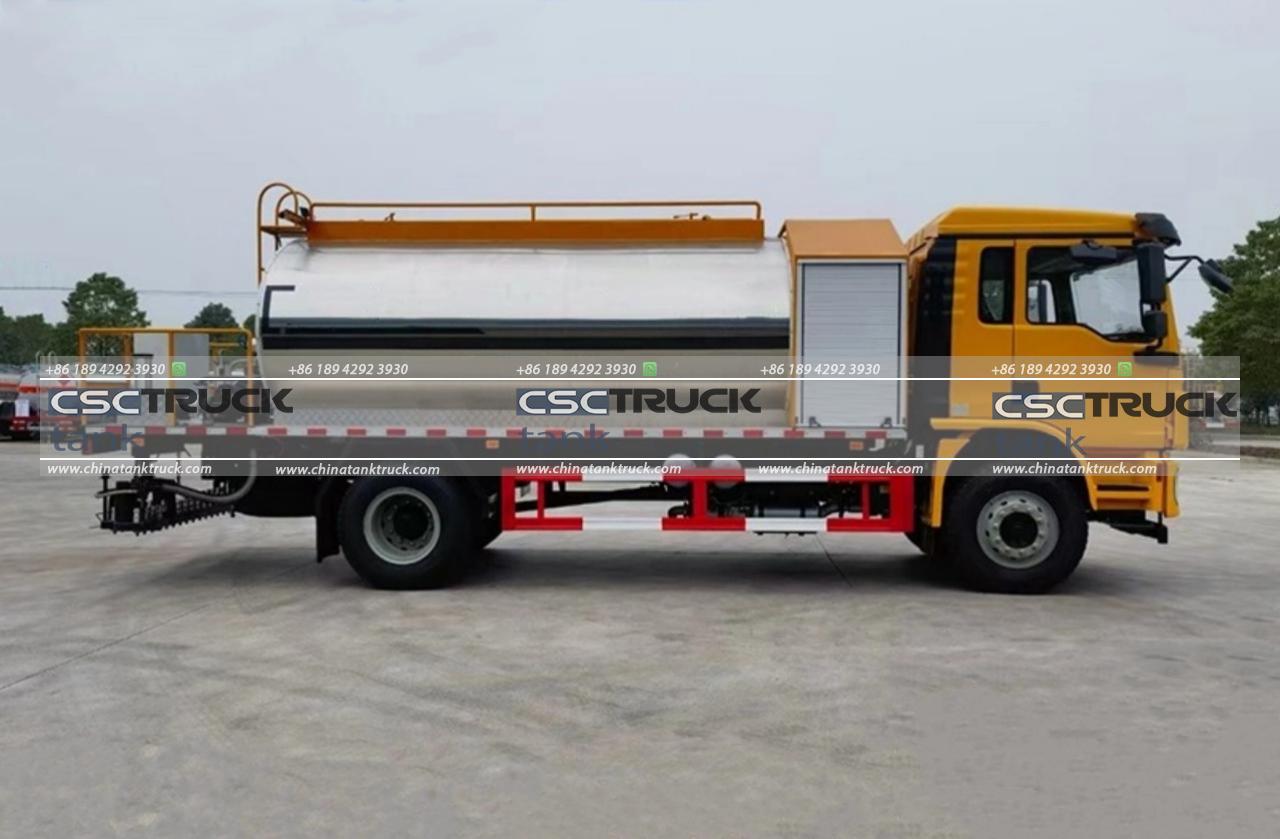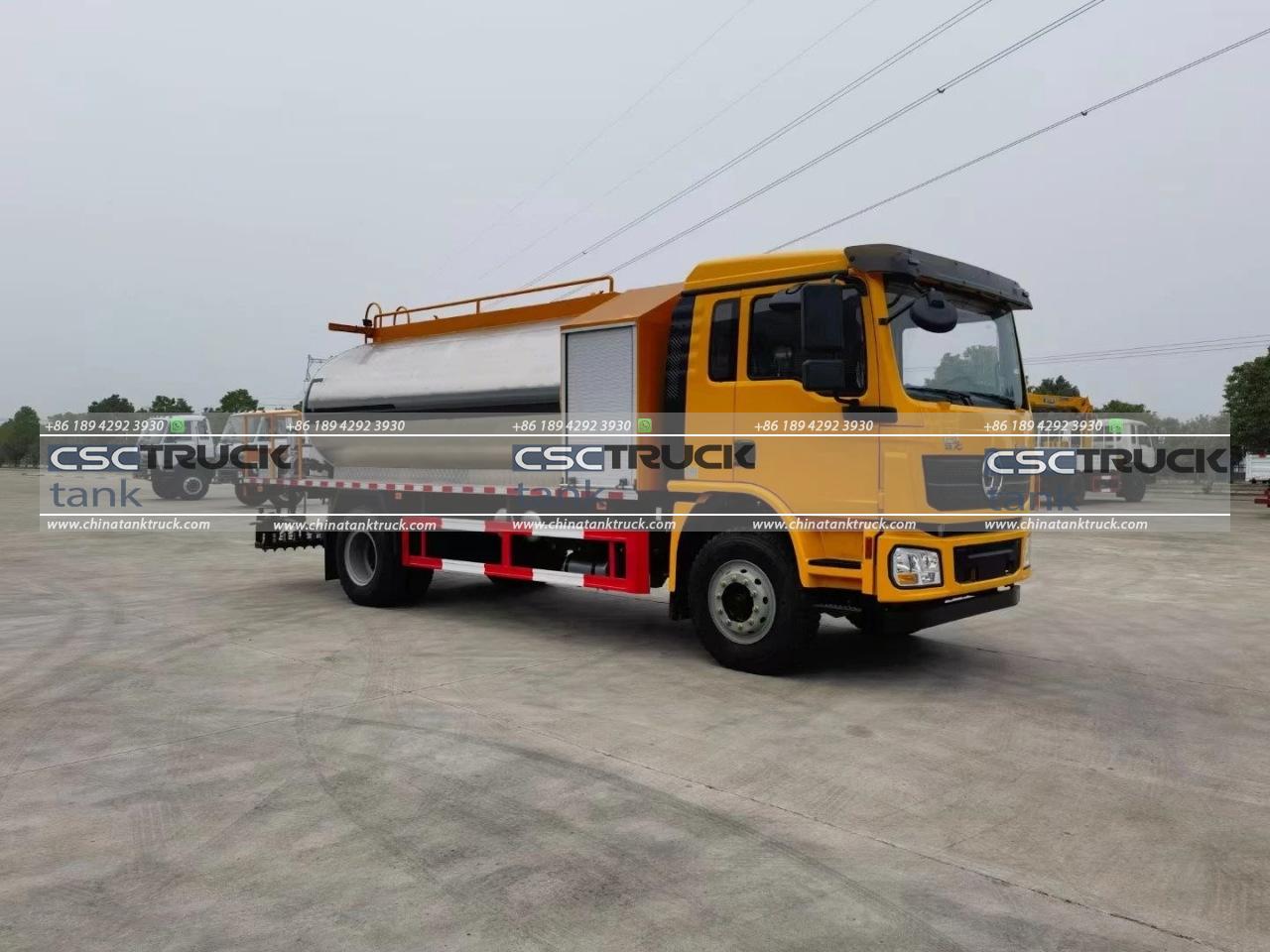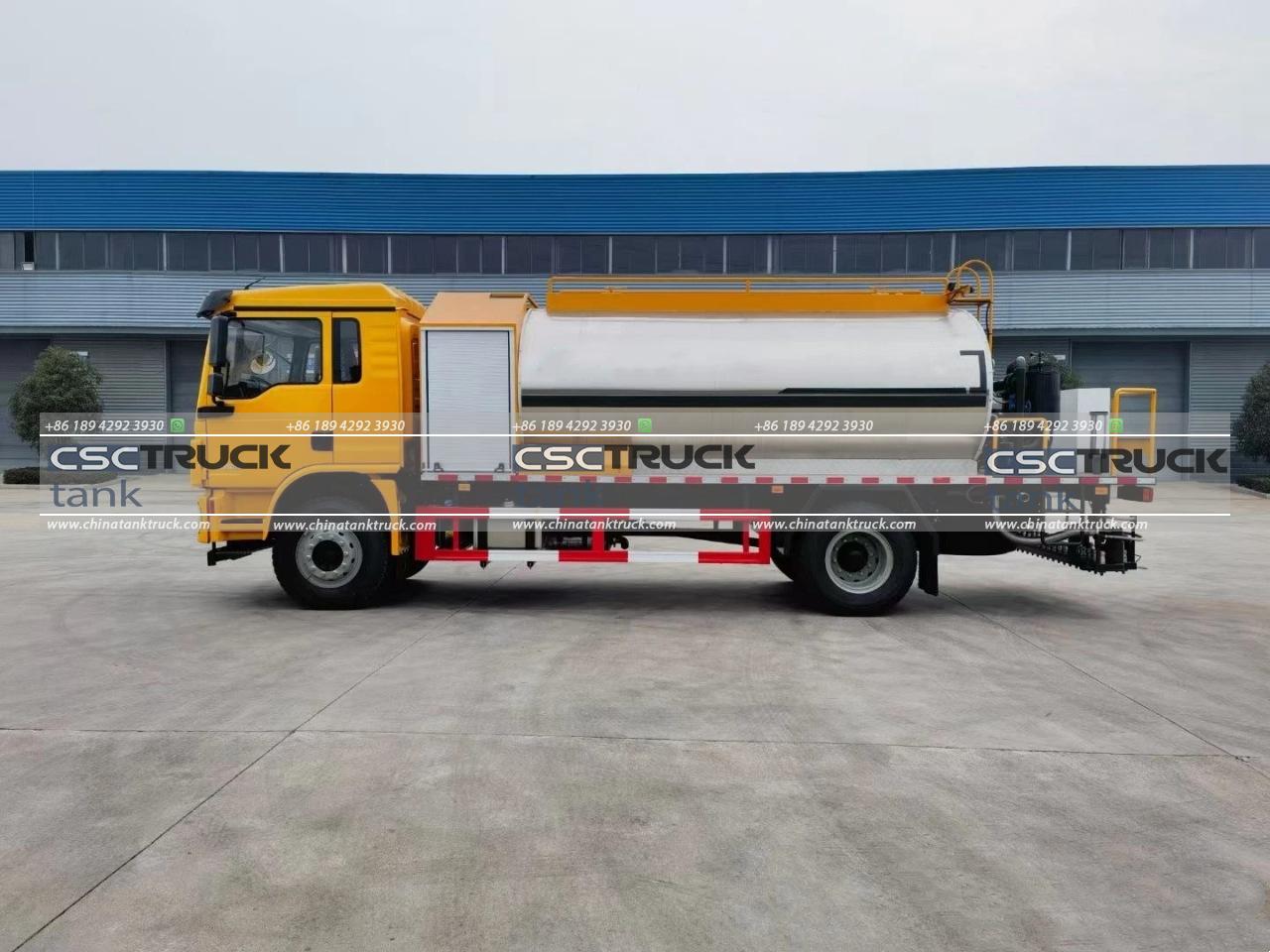What is a Road Tanker?
A road tanker is a specialized vehicle designed to transport liquids, gases, and powdered goods over road networks. These tankers are integral to many industries, including oil and gas, chemicals, food and beverage, and waste management, playing a critical role in the supply chain by ensuring the safe and efficient delivery of bulk materials.
Overview and Definition
A road tanker, also known as a tank truck, is a motor vehicle with a large tank for carrying liquid or gaseous products. The tank is mounted directly onto the chassis of the truck, making it a mobile storage unit capable of carrying a wide range of substances, from hazardous chemicals to food-grade liquids like milk. The capacity of road tankers can vary significantly, depending on the vehicle’s size, the nature of the cargo, and regulatory limitations in different regions.

Types of Road Tankers
Road tankers come in several types, each designed to handle specific types of cargo. The primary types include:
1. Fuel Tankers: These are perhaps the most common type of road tanker. Fuel tankers are used to transport petroleum products, including gasoline, diesel, and aviation fuel. They are constructed with stringent safety features to prevent leaks and explosions, given the highly flammable nature of their cargo.
2. Chemical Tankers: Designed to carry industrial chemicals, these tankers are built with materials that can withstand corrosive substances. They often have specialized linings or coatings inside the tank to prevent chemical reactions that could damage the tanker or compromise the safety of the cargo.
3. Food-Grade Tankers: These tankers are used to transport food products in liquid form, such as milk, juice, and edible oils. They must adhere to strict hygiene standards, often being made from stainless steel and featuring smooth interiors to facilitate thorough cleaning and prevent contamination.
4. Cryogenic Tankers: These are specialized tankers used to transport gases that have been cooled to low temperatures extremely, such as liquid nitrogen, oxygen, or LNG (liquefied natural gas). Cryogenic tankers are heavily insulated to maintain the low temperatures required to keep the gases in a liquid state.
5. Powder and Dry Bulk Tankers: These tankers transport dry, granular, or powdered materials, such as cement, flour, or sugar. They are often equipped with pneumatic systems to assist in the unloading process by blowing the materials out of the tanker.
Construction and Design Features
The design of road tankers varies depending on the type of cargo they are intended to carry. However, several common features are typically found across different types of tankers:
1. Tank Shape: Most road tankers feature a cylindrical tank design, which is ideal for maintaining the structural integrity of the tank under the pressure of liquid or gas cargo. The cylindrical shape helps to evenly distribute stress and reduce the risk of rupture.
2. Materials: The material used to construct the tank depends largely on the type of cargo. For instance, stainless steel is commonly used for food-grade tankers due to its non-reactive and easy-to-clean properties. For fuel or chemical tankers, aluminum or carbon steel might be used, often with special coatings to resist corrosion.
3. Compartments: Many road tankers have multiple compartments within the tank, allowing them to carry different products simultaneously. This is especially common in fuel tankers, where different grades of fuel or other petroleum products might be transported in a single trip.
4. Insulation and Refrigeration: Cryogenic and food-grade tankers may have insulated tanks or built-in refrigeration systems to maintain the required temperature of the cargo during transportation. This is critical for perishable goods or gases that need to be kept at very low temperatures.
5. Safety Features: Road tankers, especially those carrying hazardous materials, are equipped with numerous safety features. These include pressure relief valves, grounding wires to prevent static buildup, and emergency shut-off systems to stop the flow of cargo in the event of an accident.

Regulatory Requirements
Given the potentially dangerous nature of the cargo they carry, road tankers are subject to strict regulatory requirements. These regulations vary by country but generally cover areas such as:
1. Vehicle Certification: Road tankers must be inspected and certified to ensure they meet safety standards for the transport of specific goods. This includes checks on the integrity of the tank, the functionality of safety features, and the overall roadworthiness of the vehicle.
2. Driver Training: Drivers of road tankers, especially those carrying hazardous materials, are required to undergo specialized training. This training covers safe driving practices, emergency response procedures, and the handling of specific types of cargo.
3. Labeling and Placarding: Road tankers must be clearly labeled with placards that indicate the nature of the cargo, particularly if it is hazardous. This is critical for the safety of emergency responders in the event of an accident.
4. Weight Limits: Road tankers are subject to weight limits, which vary by jurisdiction. These limits are important for maintaining road safety and preventing damage to infrastructure. Overloaded tankers can pose a significant risk both in terms of vehicle control and the potential for spills or leaks.
Applications and Industries
Road tankers are used across a wide range of industries, reflecting their versatility and importance in the transportation of bulk goods. Some of the key industries that rely heavily on road tankers include:
1. Oil and Gas: The oil and gas industry is perhaps the largest user of road tankers, particularly for the transportation of refined petroleum products like gasoline and diesel. The ability to move large volumes of fuel from refineries to distribution points is critical for maintaining the supply chain.
2. Chemical Industry: The chemical industry uses road tankers to transport a vast array of industrial chemicals, from acids and bases to solvents and gases. The safe and efficient transportation of these materials is essential for the production of a wide range of products.
3. Food and Beverage: In the food and beverage industry, road tankers are used to transport liquid food products, such as milk, juices, and edible oils. These tankers ensure that perishable goods are delivered on time while maintaining the required quality standards.
4. Waste Management: Road tankers also play a crucial role in waste management, particularly in the transportation of liquid waste, sewage, and hazardous materials. These tankers are essential for the safe disposal and treatment of waste products.
5. Agriculture: In agriculture, road tankers are used to transport bulk quantities of liquid fertilizers, pesticides, and water. These tankers support large-scale farming operations by ensuring that essential resources are delivered efficiently.

Conclusion
Road tankers are an essential component of the global transportation network, enabling the safe and efficient movement of a wide range of liquid, gaseous, and powdered materials. Their specialized design, rigorous safety features, and adherence to strict regulatory standards make them indispensable in industries ranging from oil and gas to food and beverage. As transportation technology continues to evolve, road tankers will remain a critical link in the supply chain, ensuring that vital goods are delivered where they are needed, when they are needed.

